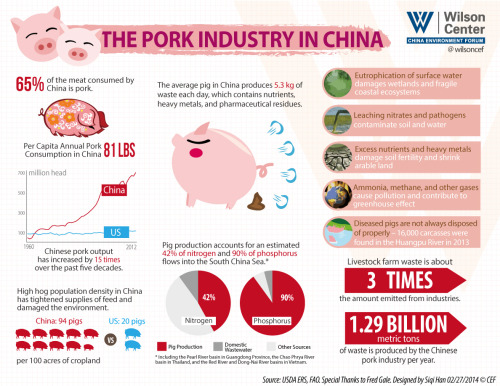#international trade
The Environmental Effects of China’s Growing Pork Industry:
China’s growing appetite for meat has put tremendous pressure on the livestock sector, which now produces three times more waste than industrial sources
Post link
How do Mexicans and Americans view the relationship between the two countries? Where do they differ? Where are they similar?
With the Chicago Council, we explore those questions in a new survey.
Post link
I want dick pics sent to me, I will send a pic of my pussy in return!!! Please reblog for me I want everyone to know.
I never thought it would be this hard to have my inbox filled with pics of hard cocks. I guess it might be because my hubby posted it.
Please reblog guys, I want more!!!
Please send pics of your big black cocks my way

A multilateral solution harnessing the World Trade Organization’s (WTO) dispute settlement system is the better solution.
While some of China’s specific practices may be a problem, its desire for economic development is natural and appropriate. Demonizing China for participating in trade practices which are common in other countries exacerbates the problem. Whatever policies are adopted with respect to Chinese trade should not try to limit China’s economic ambitions.
When practices do arise that are protectionist or otherwise problematic, the U.S. along with its key allies should utilize internationally agreed upon trade rules to steer China toward market-oriented solutions. Despite the belief that China “cheats” at trade and therefore litigating through the WTO would be worthless, China actually has a relatively strong record of compliance. Of the matters litigated against China since it joined the WTO, 12 were litigated all the way through, while 10 were either addressed in settlements or dropped. In almost all of these completed cases, China’s response was to move toward greater market access by altering its measures and practices to comply with WTO rules.
While this litigation has been successful, there are several possible WTO complaints that have been overlooked, including those involving general intellectual property protection and enforcement, trade secrets protection, forced technology transfer, and subsidies. One glaring example is the U.S. failure to pursue broad WTO complaints targeting China’s transgressions against U.S. intellectual property rights.
The existing WTO rules are not adequate in all respects to deal with the unique challenges presented by China. The remedy for this inadequacy is not, however, abandoning those rules, but the adoption of more and better ones. China’s protectionist policies should encourage countries to redouble their efforts to reinvigorate the rules-based trading system by negotiating new rules to discipline protectionist actions and encourage China to adopt market-based approaches. These new rules could include Chinese accession to the WTO’s Government Procurement Agreement, negotiation of new disciplines on subsidies for state-owned enterprises, and negotiation of disciplines on forced localization of services and other aspects of digital trade and digital trade in services, to name a few.
The Trump administration may prefer the contentious use of unilateral tariffs, but if they are looking for effective approaches to addressing Chinese protectionism, WTO disputes are the better avenue.
The WTO dispute process is not perfect but, it’s biggest flaw is that it is underutilized. The Trump administration should work with U.S. allies to use the WTO dispute process to press China to fulfill its promises and become more market-oriented.


